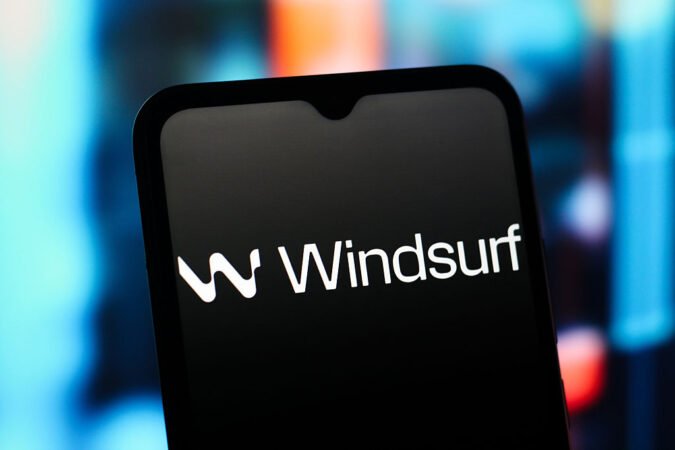Fast Facts
-
Google’s $2.4 Billion Deal: Google paid Windsurf $2.4 billion to license technology, splitting the payment equally between investor payouts and hiring top talent, leaving many employees excluded from financial benefits.
-
Investor Returns: Major investors like Greenoaks and Kleiner Perkins saw substantial returns from their stakes, achieving about 4x their original investment; however, the deal fell short of their high expectations for profits.
-
Employee Discontent: Approximately 200 Windsurf employees, not hired by Google, felt overlooked as they received no payout despite expectations from a potential OpenAI acquisition, causing unrest within the startup community.
- Post-Deal Acquisition: Windsurf’s remaining entity was sold to Cognition for an estimated $250 million, allowing all employees to benefit financially, contrasting with the initial Google deal’s impact on staff.
The Financial Landscape of the Google-Windsurf Deal
The recent $2.4 billion deal between Google and Windsurf reveals deep financial dynamics. Google paid half of this amount directly to Windsurf’s co-founders and investors, raising questions about equity and fairness. Investors, including several well-known venture capital firms, received about $1.2 billion, leading to solid returns on initial investments. For instance, Greenoaks capitalized on a $65 million investment, netting approximately $500 million.
However, the compensation structure left many Windsurf employees disillusioned. While the co-founders received significant payouts, most remaining employees saw none of this windfall. Only those hired by Google benefited, and even then, new hires faced delayed stock rewards. This disparity raises broader issues about employee compensation in acquisitions. Many founders often prioritize immediate financial gains over equitable treatment for those who contributed to their startups’ success.
The Ethical Implications for Founders and Investors
Silicon Valley’s culture emphasizes innovation and risk-taking, but the Windsurf deal underscores a growing concern among employees. Many expected a payout similar to traditional acquisitions where employee shares often accelerate during a buyout. Instead, the deal further alienated a large portion of the workforce, sparking criticism from top investors and industry insiders.
Discontent grows when founders don’t share their fortunes with those who helped build the company. Critics point to a moral obligation for leaders to ensure fair compensation for all employees, not just a select few. After the Google deal, Windsurf found a second chance by selling to Cognition. This sale, while financially benefiting employees, also highlights the lessons learned in fostering a culture of shared success.
The Windfall’s lessons could shape future practices in Silicon Valley, urging founders to align their financial gains with the collective contributions of their teams. As the tech industry evolves, these ethical considerations remain crucial for sustainable growth and employee morale.
Continue Your Tech Journey
Explore the future of technology with our detailed insights on Artificial Intelligence.
Stay inspired by the vast knowledge available on Wikipedia.
TechV1

